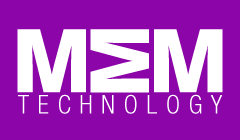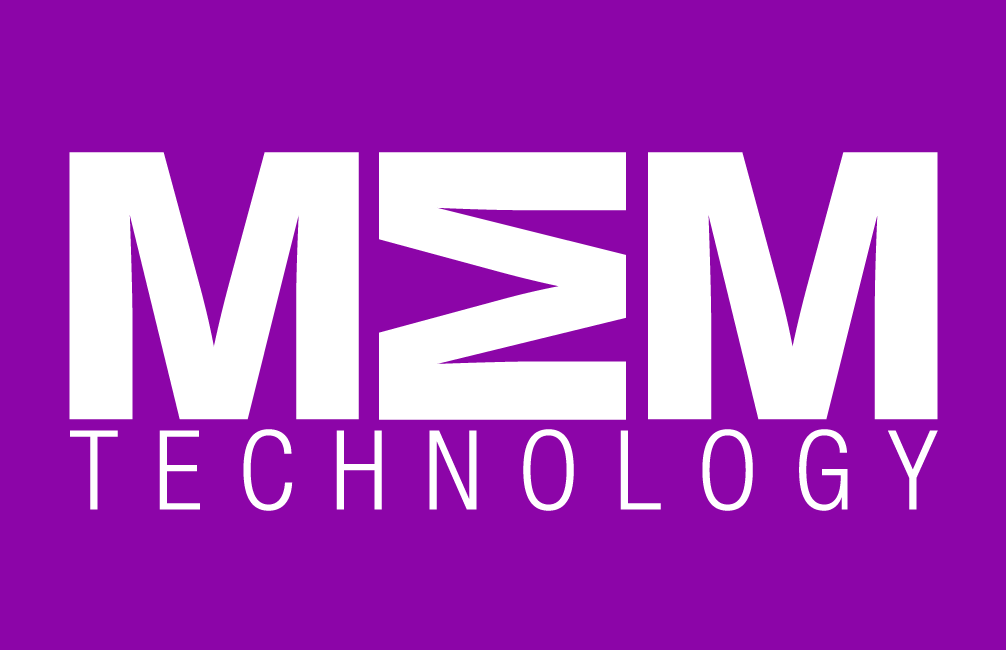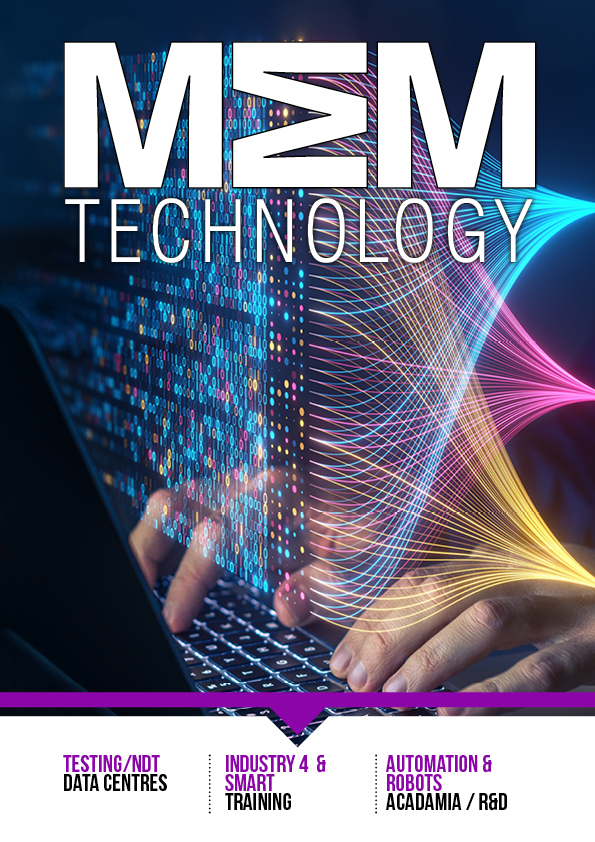While 2023 was dominated by the excitement of AI and what the technology may bring, Simon Bain, CEO at web3 and blockchain storage expert OmniIndex believes that 2024 will be the year where people turn once more to the core issues that matter to all of us: the environment and keeping our private data safe.
Below, Simon outlines his top three predictions for the world of technology in 2024:
1. Tech’s environmental impact will influence buying decisions more than ever
Bain: “Technology providers have gone to great efforts over recent years to improve the environmental impact of their offerings and made concerted efforts to reach net-zero. Both Google and Microsoft have made commitments to remove their carbon legacy as well as reach net-zero.
“AI and LLMs like ChatGPT and Bard potentially threaten this pledge and buck the trend with their reportedly huge emissions. Estimates vary considerably from source to source but research suggest that an AI query with an LLM is 4x to 5x bigger than a traditional search engine query. What’s more, the emissions come not just from the ongoing cost of operating the AI and user’s accessing it, but from the up-front cost to build and train it. One reported figure for the up-front costs suggest GPT-3, the model behind the original ChatGPT, had similar emissions to two or three full Boeing 767s doing round trips from New York City to San Francisco.
“Tech leaders will be forced to look at significant ways to cut down the emissions of their AI tools. One way being talked about is to look at greener energy and optimizing algorithms to make the current solutions as lean as possible. But in reality, a more dramatic approach is needed to truly cut down how much energy is needed for the training and use – especially when you take into consideration the needs for these services to work just as quickly and accurately in multiple languages.
“Small Language Models are one potential solution. This is because they can work with zero training, and are designed to produce powerful and accurate results for particular tasks as opposed to being generic ‘jack of all trades’ solutions that require huge computational power and training to try and cover all potential queries.”
2. Users want their data secured
“When the initial buzz around AI has finally died down, people will once again start to worry about their data privacy and what information they are willingly sharing with the huge wave of AI tools littering our professional and personal lives.
“It has been repeatedly proven that legacy data storage and the cloud services that rely on them are not fit for purpose when it comes to defending our data against attacks. And yet, nearly all of the leading AI tools that hit the headlines in 2023 use these vulnerable data stores and Web2 systems.
“In March, ChatGPT had to go offline due to a bug causing the first messages of a newly-created conversion to be visible in someone else’s chat history and payment-related information of some users becoming visible. ChatGPT quickly fixed the issue, but this incident is one of many examples of why we all need to think much more carefully about what sorts of private information we are sharing with these tools.
“In the coming year, people ought to be more savvy and informed about their sensitive data and who or what they share it with. And when this happens, AI companies will need to reconsider what technology they are using to keep that data secure.”
3. AI doesn’t make the world go round
“There is no way of getting around it, 2023 was the year of AI and there are endless headlines to support that fact. Yet, when you talk to those actually in tech you can already see the weariness and exhaustion in their eyes and their desperation for everyone to start broadening their horizons. We need to think about AI as part of the tech landscape, as opposed to it being the landscape.
“In 2024, we will stop talking about AI in isolation and remember that other amazing tech also exists. Before everyone was talking about AI they were talking about blockchain and web3. And while those are no longer hitting the headlines, they have not gone from the tech world. For example Nigeria has rolled out a National Blockchain Policy and invested in web3 data storage infrastructure across multiple sectors including Education, while the biggest companies all continue to invest in the space with Google’s Web3 startup programming being particularly active over the last 12 months.
“It is absolutely crucial that AI developers work with others to build something amazing and do not work in isolation, as their peers in web3 and other areas have a huge amount to offer.
“Blockchain and web3 platforms offer huge potential for enhanced data security and privacy with their enhanced security, privacy and productivity benefits including immutable data storage and use of improved end-to-end cryptography technology like fully homomorphic encryption.”
Manufacturing & Engineering Magazine | The Home of Manufacturing Industry News















